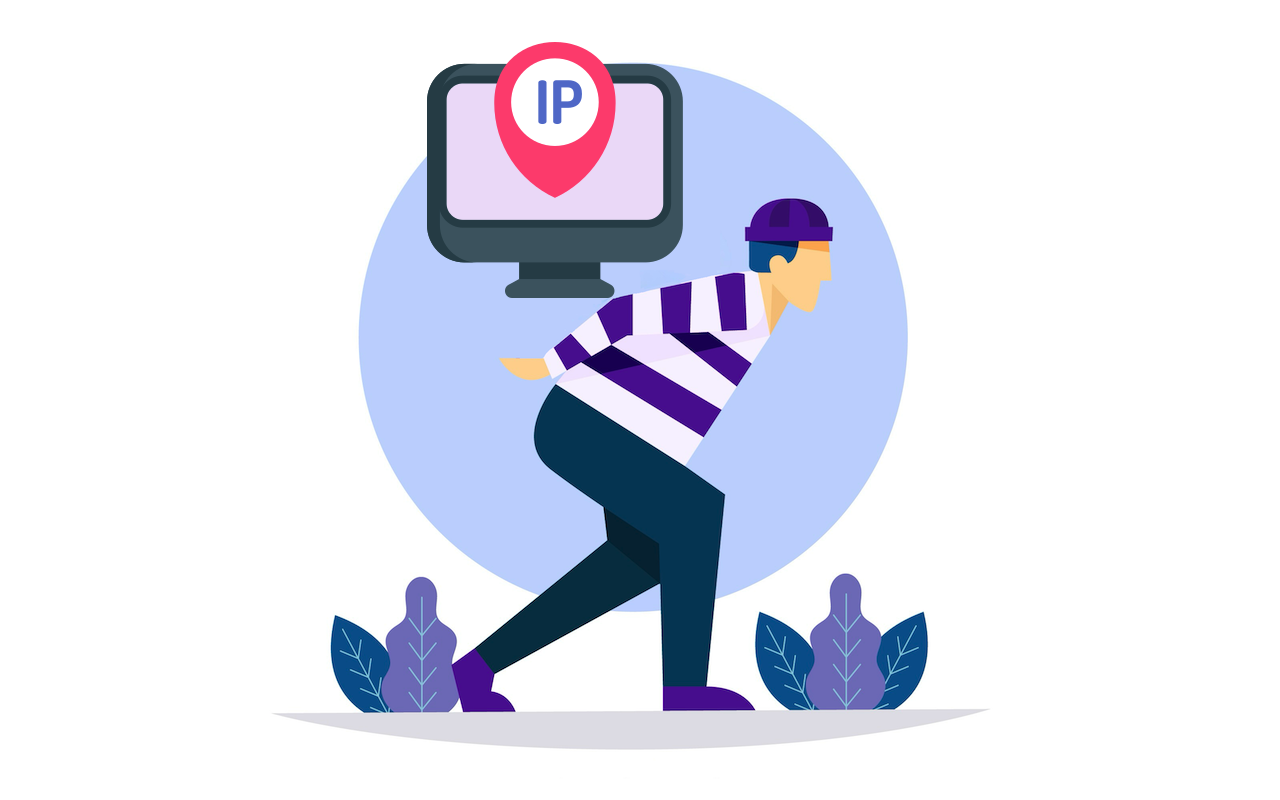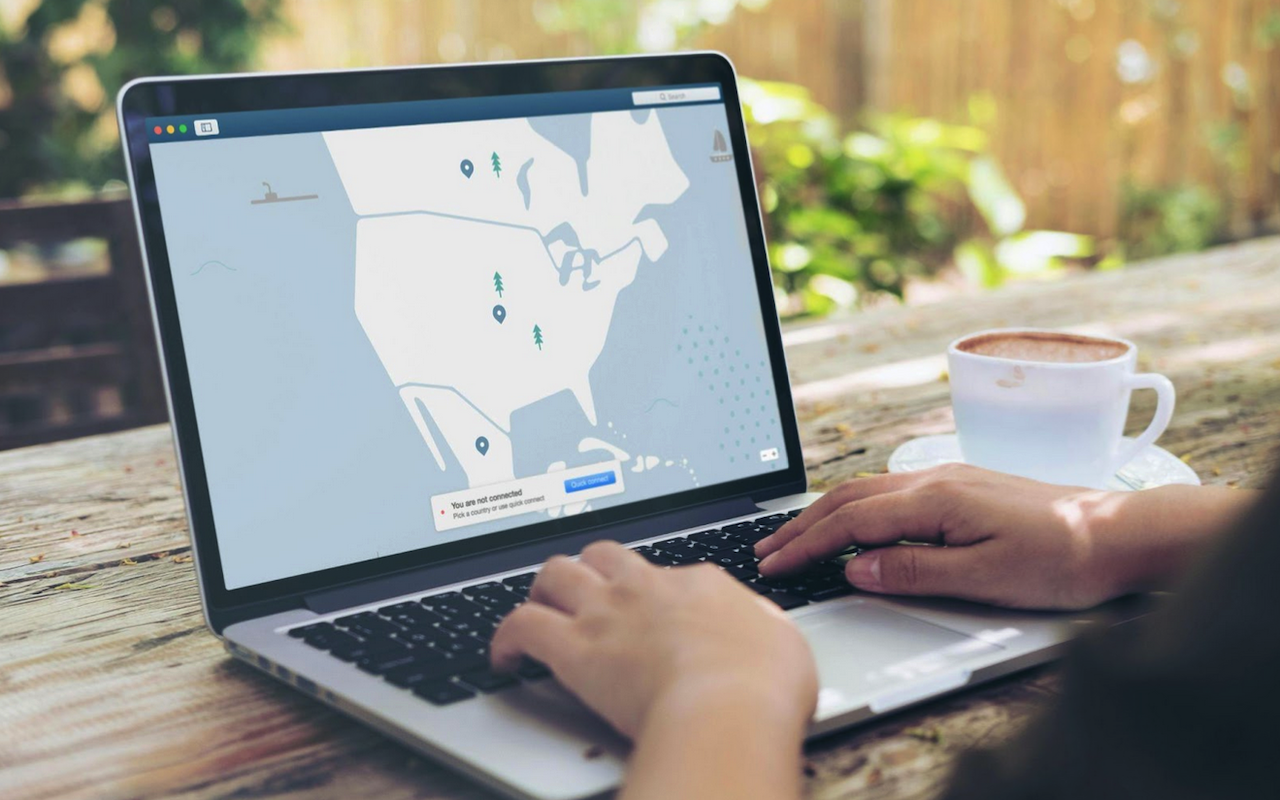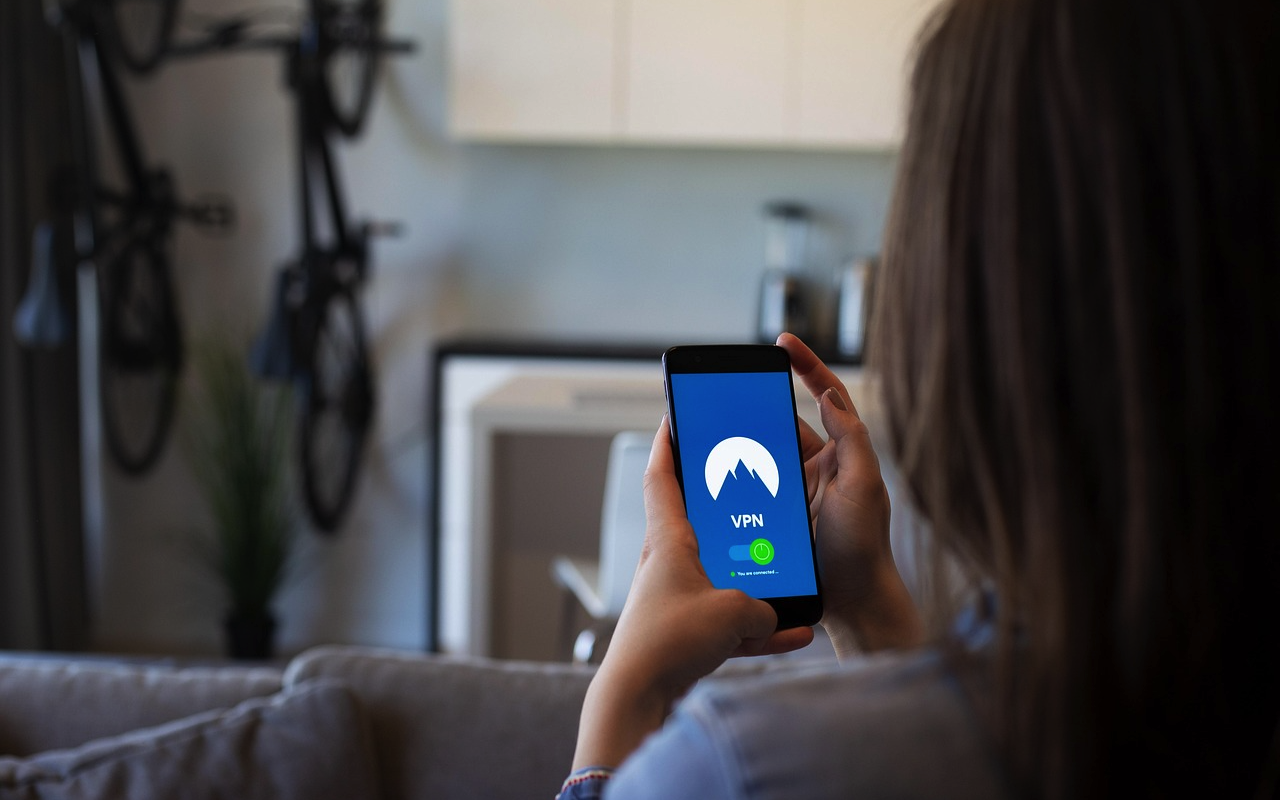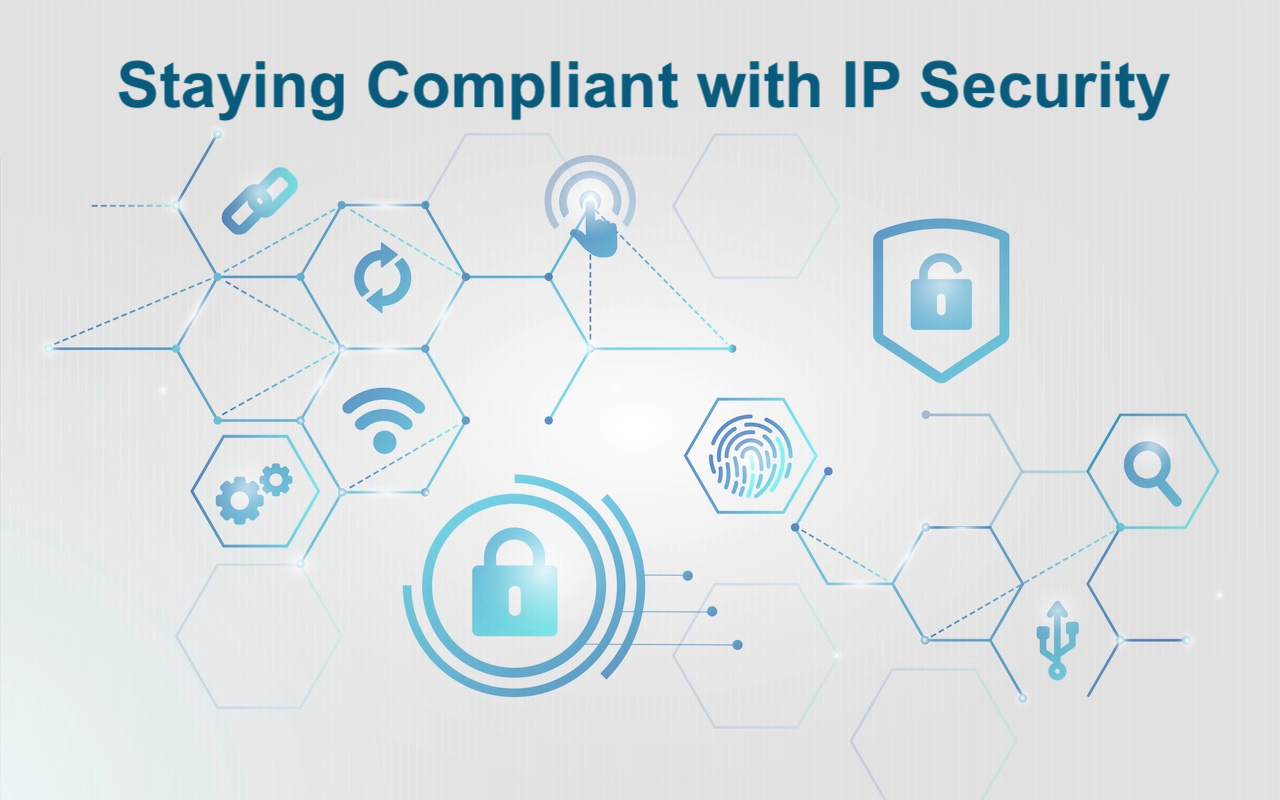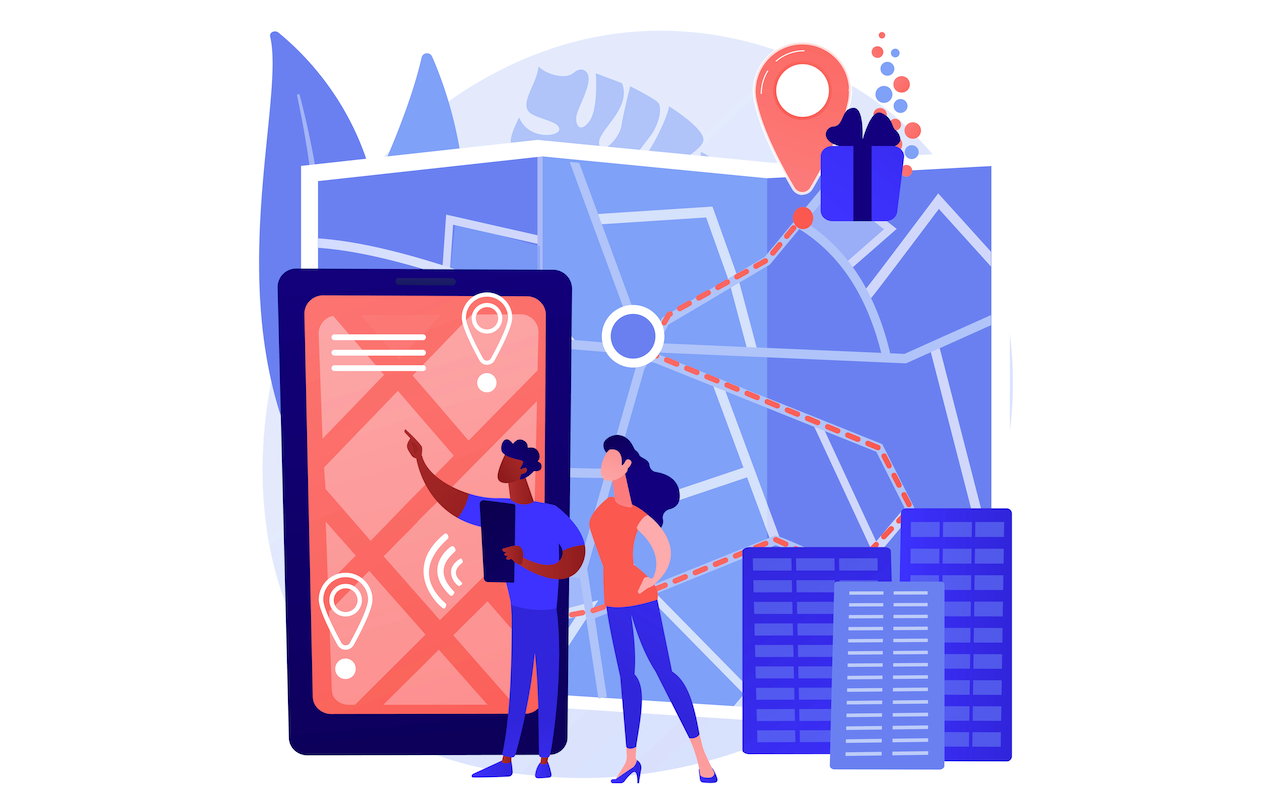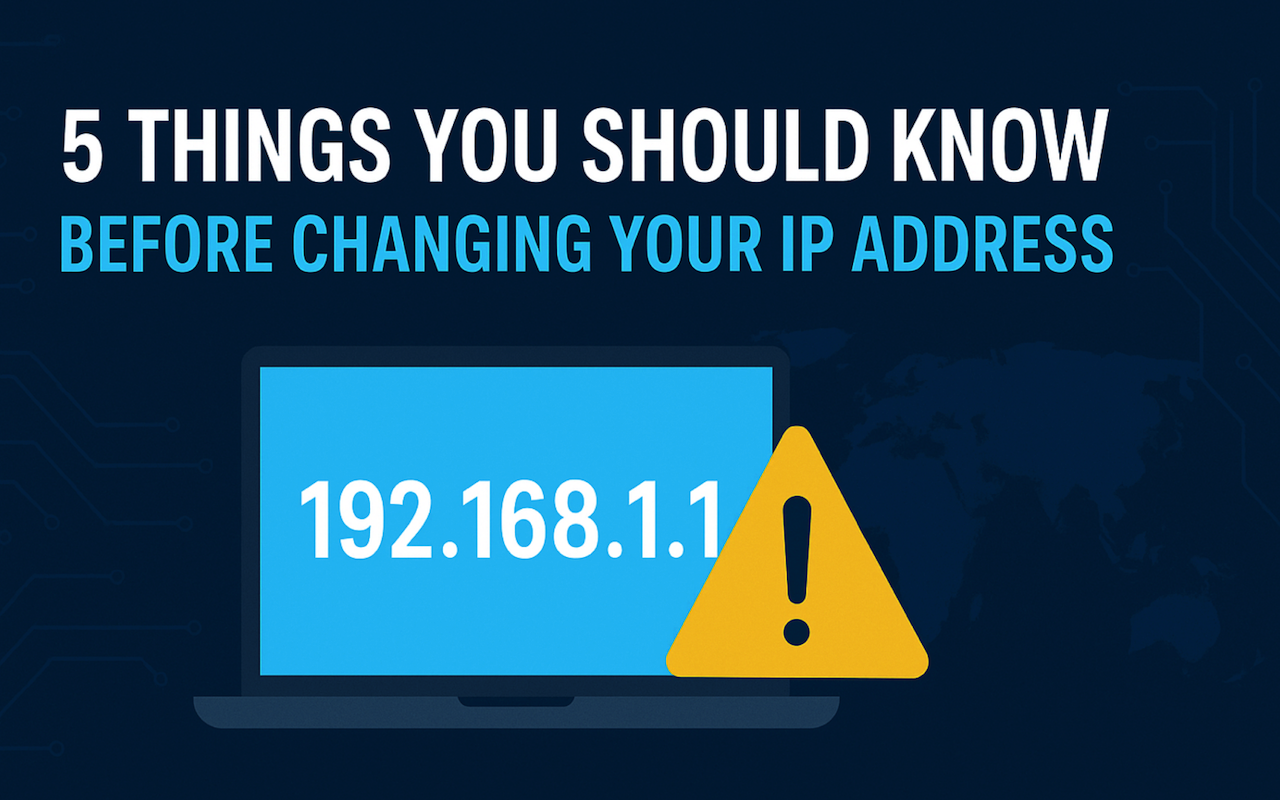
The internet has become an intricate web of data exchange that both empowers users and poses unique challenges in terms of privacy, security, and regulatory compliance. With the rise of digital anonymity tools like VPNs and proxies, the ability to track users based on their masked IP behavior has become increasingly complex. These technologies obscure a user's real IP address and allow them to access geo-restricted content and circumvent censorship regulations. Understanding the underlying methods and tools used to reveal masked IP behavior is really important for businesses, marketers, and cybersecurity professionals seeking to maintain integrity and security in their online interactions.


